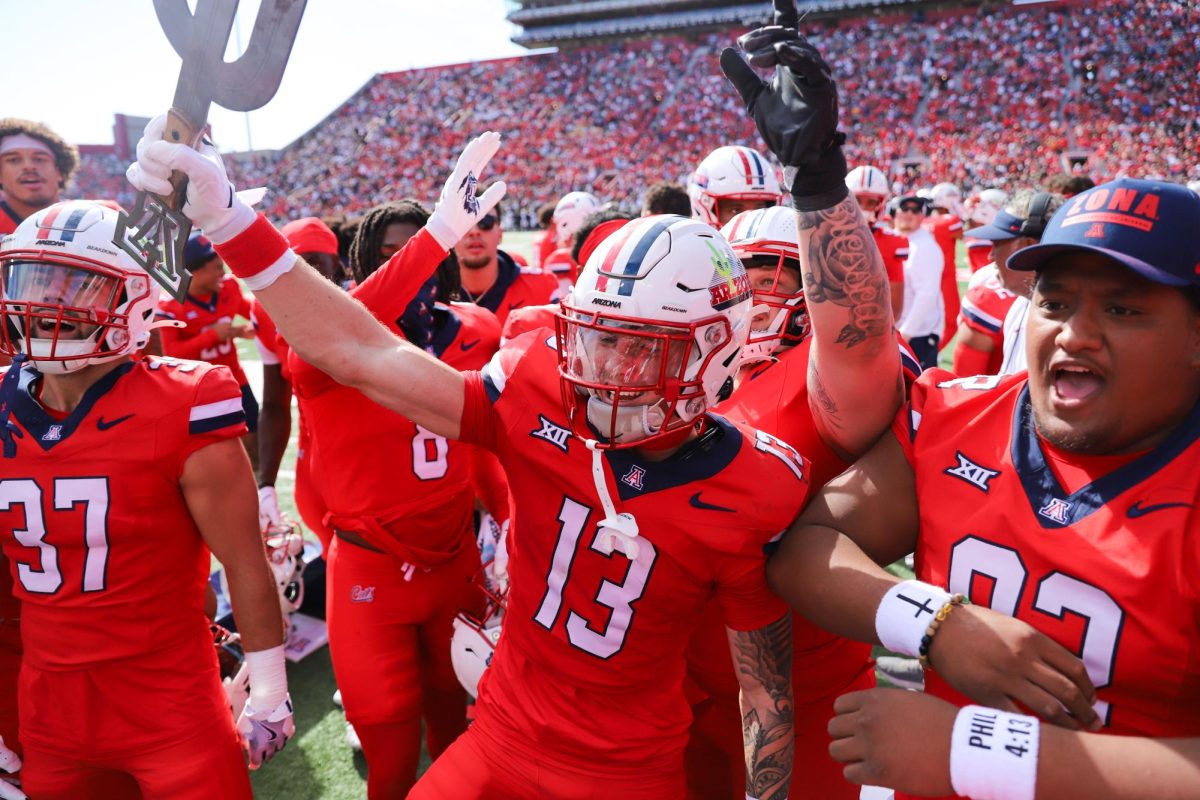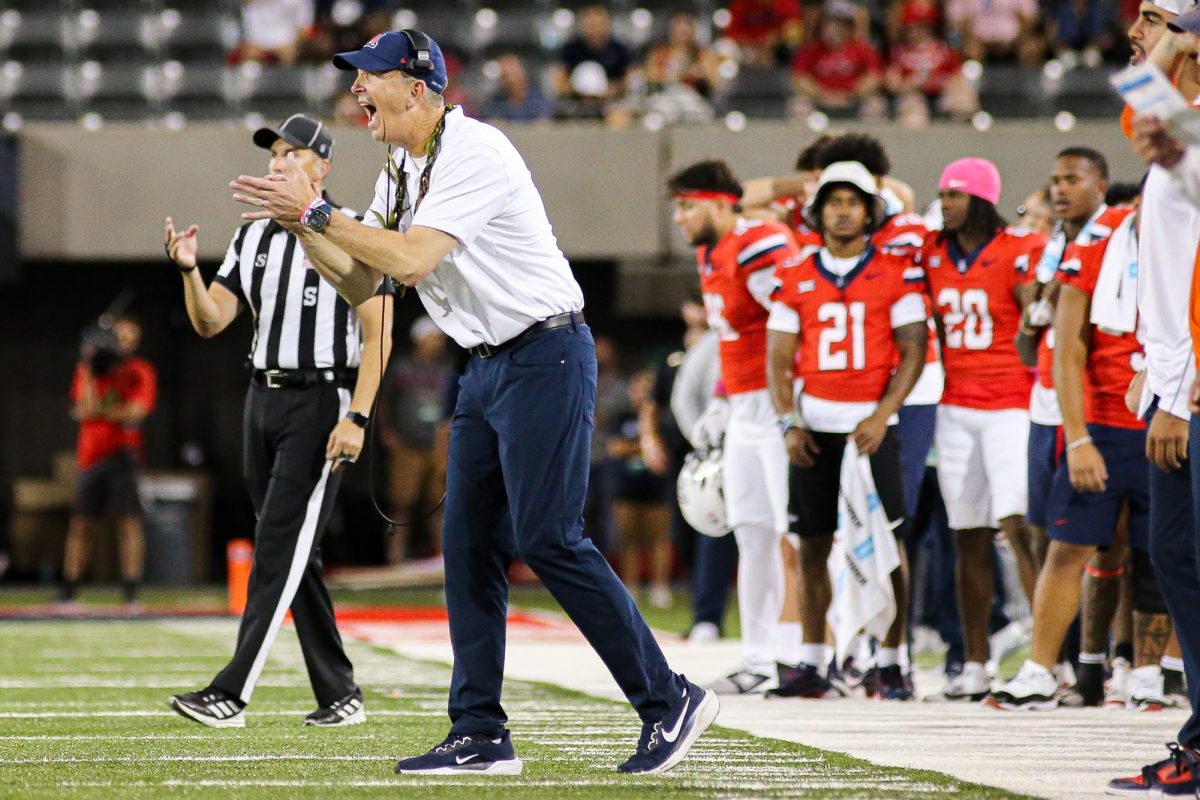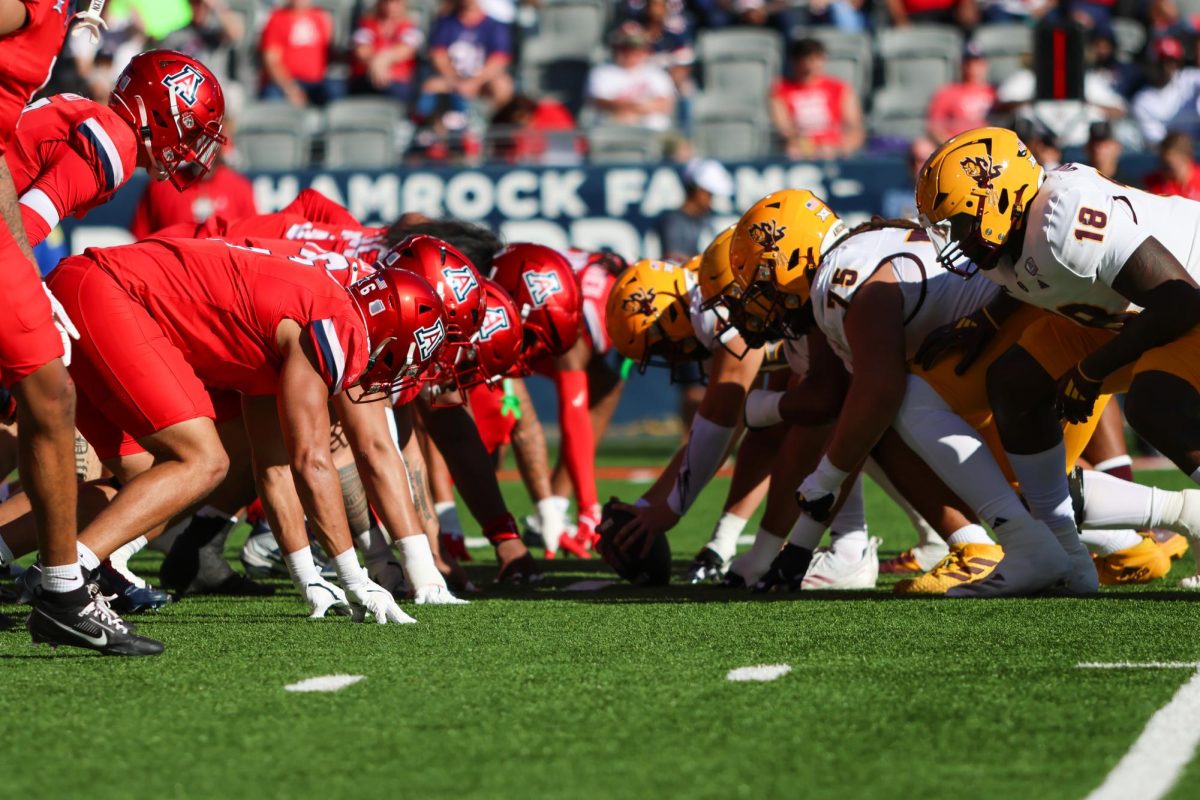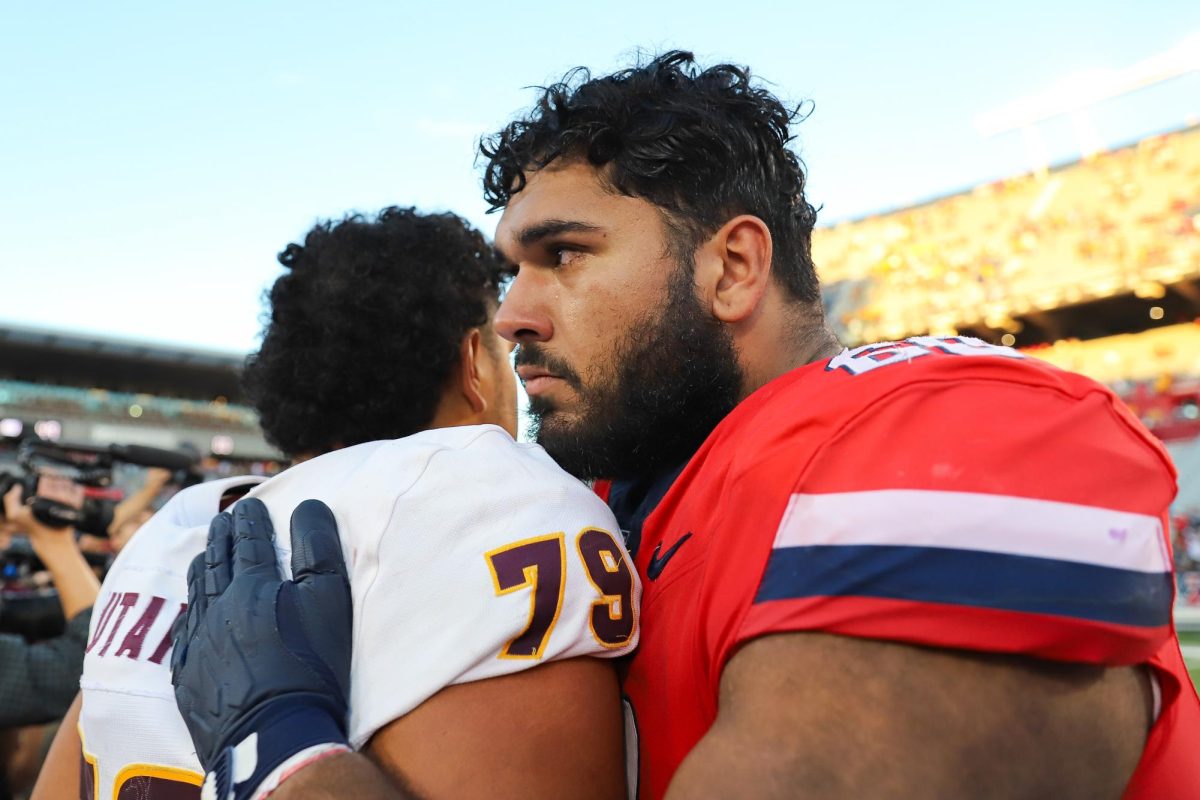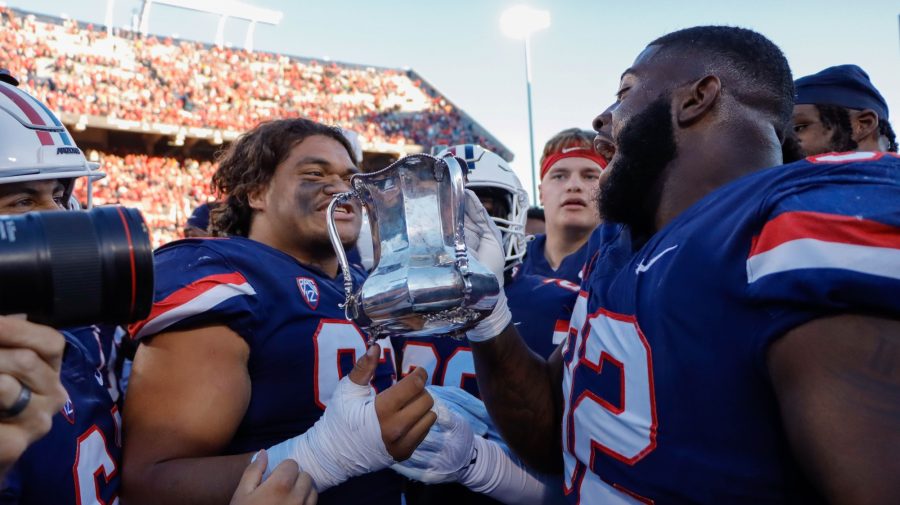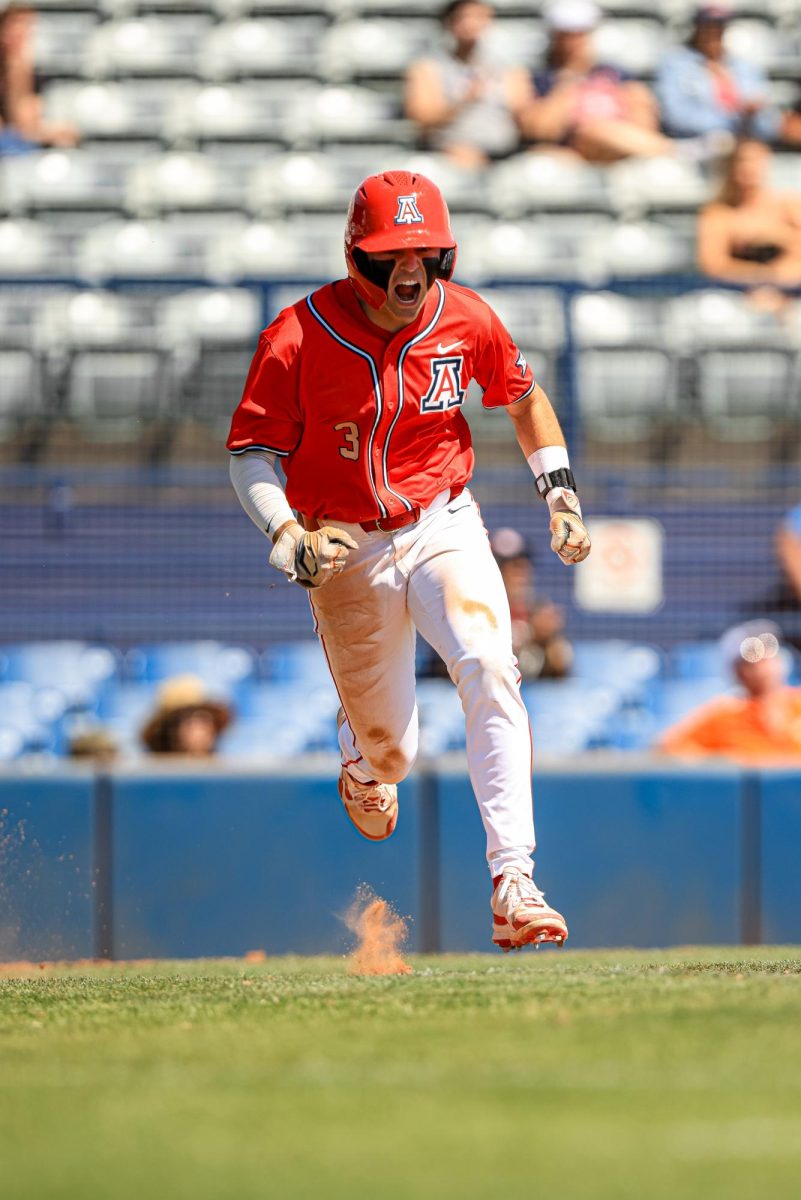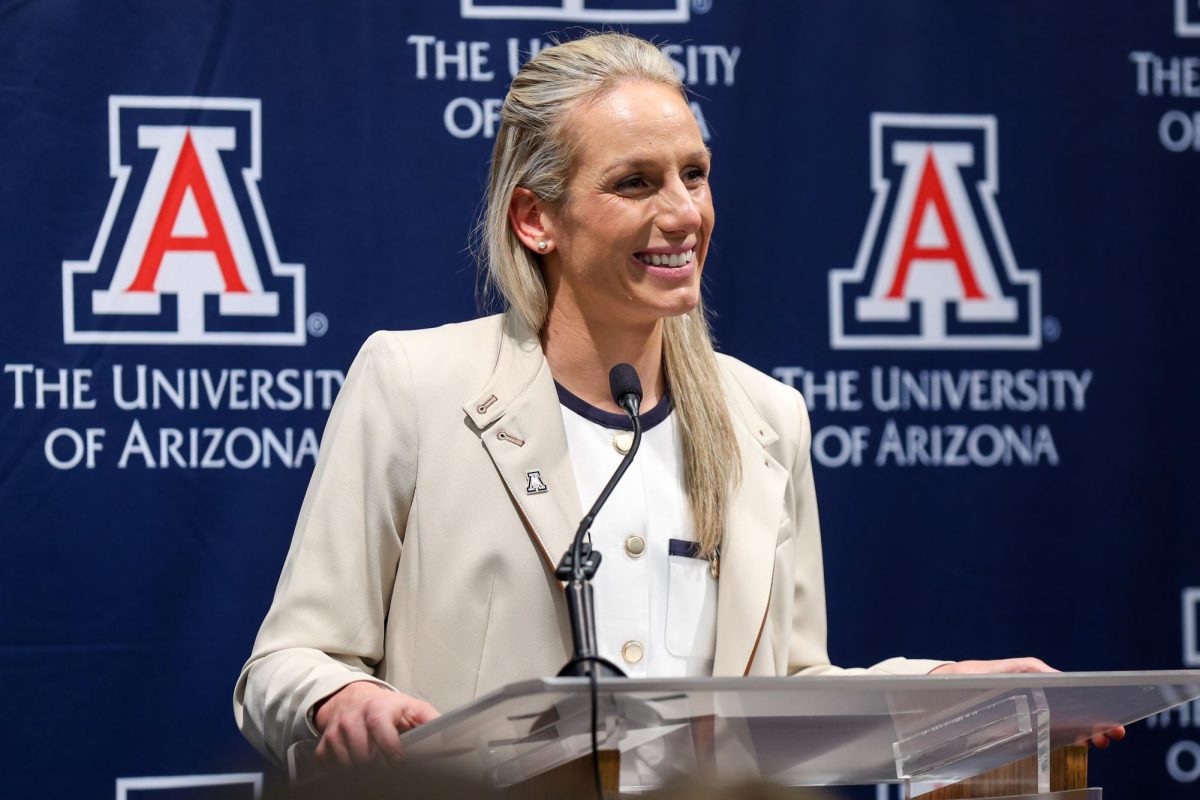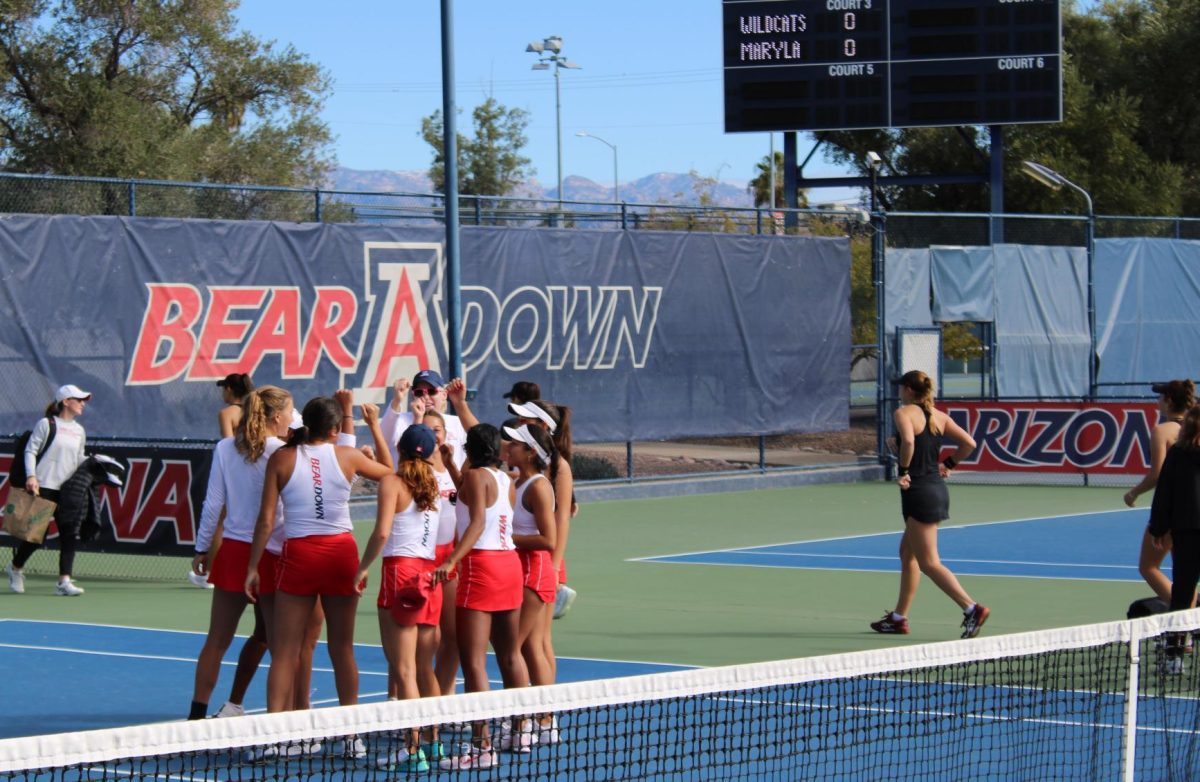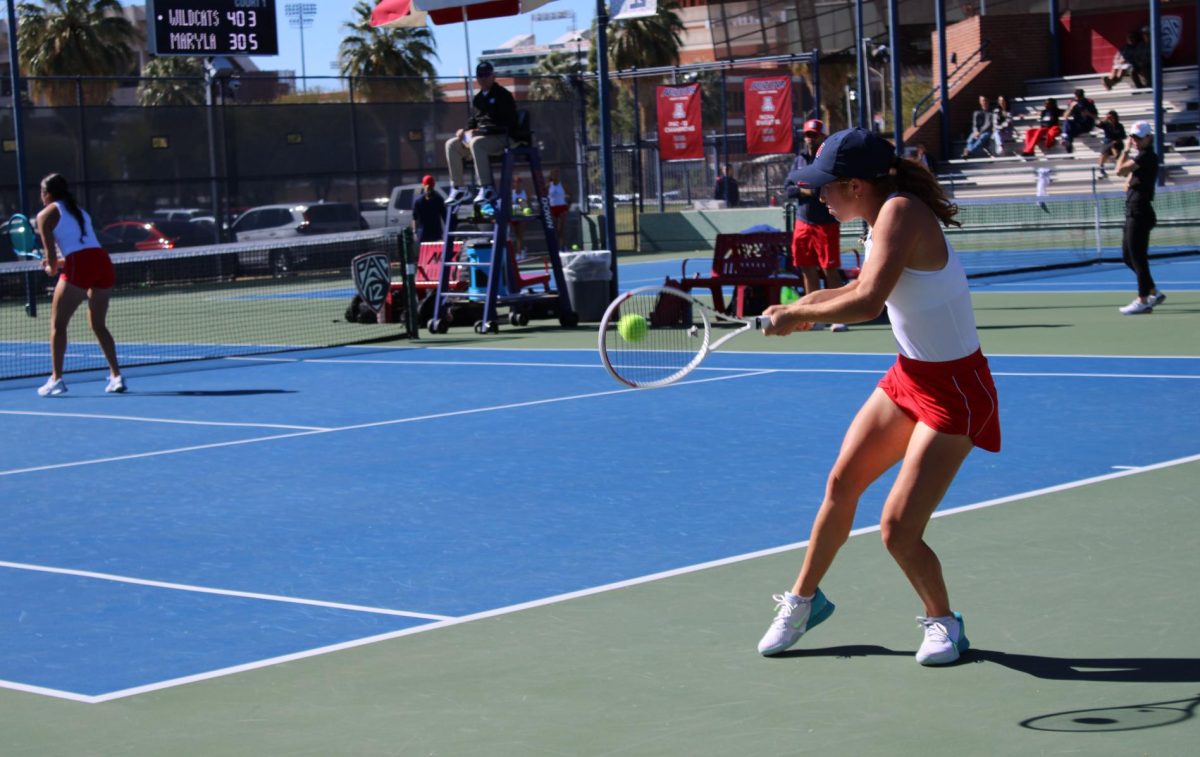DALLAS — The Pittsburgh Steelers lost their way in their first 37 years in the NFL.
The Steelers never won a championship. They never even played for a championship. Pittsburgh was almost 100 games below .500 in those first four decades of football (157-253-19).
So inconsequential were the Steelers that the NFL sent Pittsburgh packing to the AFC when the NFL and AFL merged in 1970. The NFC certainly wasn’t going to miss the brand of bad football being played in Pittsburgh.
But the change of scenery suited the Steelers. They won their first division title in 1972, then won the first playoff game in franchise history on what has been dubbed an “”immaculate reception”” by Franco Harris.
Two years later, the Steelers won their first AFC Championship. Two weeks later, Pittsburgh hoisted its first Lombardi Trophy.
The formula the Steelers utilized in winning that first title is still in place 36 years later as Pittsburgh pursues a record seventh Lombardi Trophy.
It’s now officially the Steeler Way . . . whatever way that is.
“”It’s hard to define,”” Steelers director of football operations Kevin Colbert admitted. “”It’s really just trying to do the right thing in all situations. It’s not a complicated formula.””
Not complicated at all. Hire good people and let them do their jobs.
The Steelers have employed only three head coaches since the AFL-NFL merger — Chuck Noll, Bill Cowher and Mike Tomlin. All have won Super Bowls. The Steelers have employed only three personnel directors since the merger — Dick Haley, Tom Donahoe and Colbert. The Steelers have had only two owners and both came from the same family — Art and Dan Rooney. Both are in the Pro Football Hall of Fame.
“”If there’s a consistency, it’s the Rooney family and the way they want their team run,”” Colbert said. “”It gets back to doing the right thing in all situations — be it draft picks, coaching decisions, how we carry ourselves in the building, off the field.
“”There’s no sign that says, ‘This is how we do it.’ It’s just an understanding that gets passed on from one owner to the next, from one coach to the next, from one player to the next . . . through everybody. You just learn that way 1/2ellipsis3/4 whatever way that is.””




